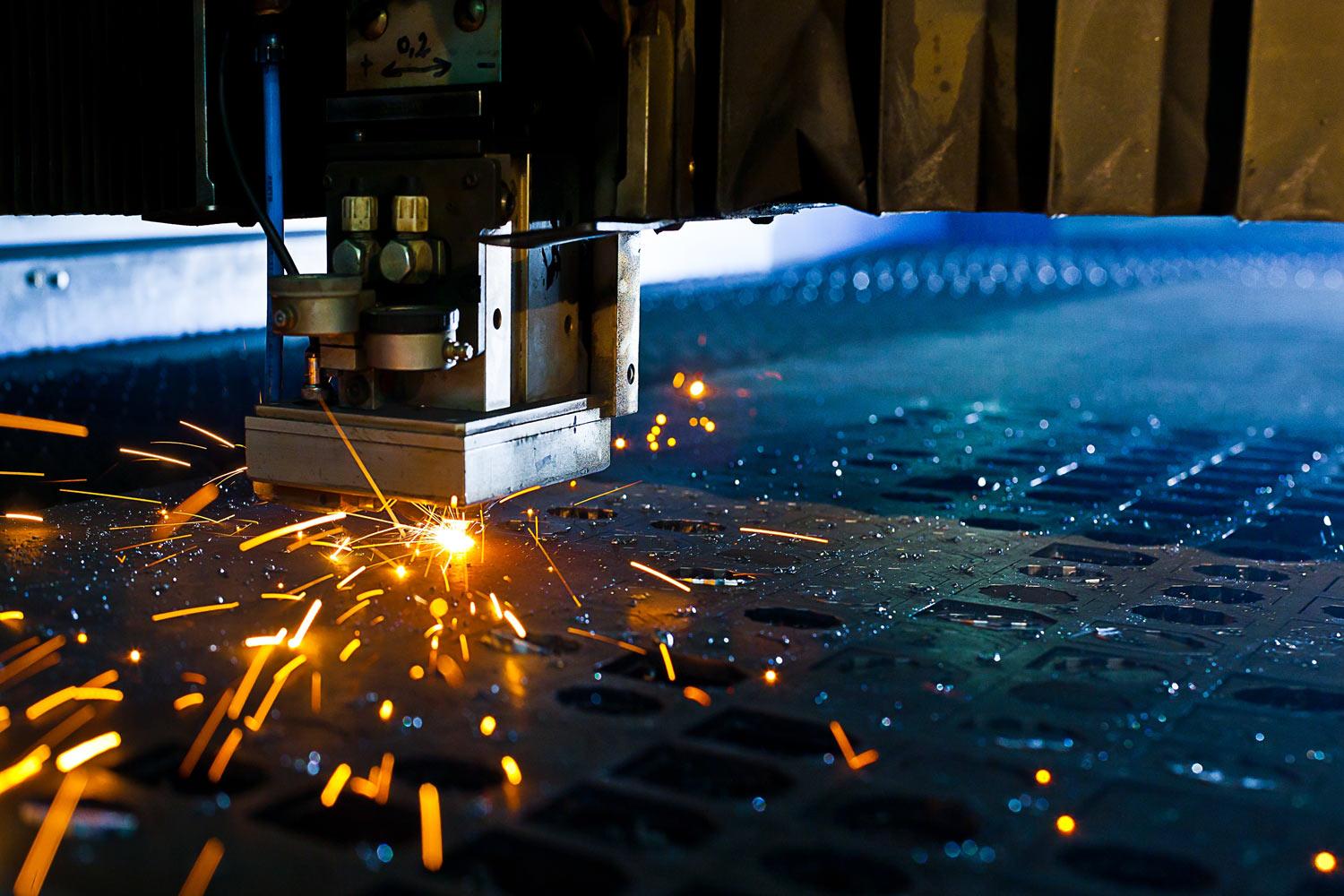
Monero Wallet
Monero Wallet: Ensuring Private and Secure Transactions
In the ever-evolving landscape of cryptocurrencies, Monero (XMR) stands out as a privacy-focused digital asset. Unlike most mainstream cryptocurrencies like Bitcoin and Ethereum, which have transparent blockchains, Monero offers enhanced privacy and anonymity to its users. To make the most of Monero's privacy features, users need a reliable Monero Wallet. In this article, we will explore the importance of Monero Wallets and delve into the key features that make them an essential tool for secure and private transactions in the world of digital currencies.
Monero was created in 2014 with a primary goal: to provide untraceable and confidential transactions. Monero, unlike Bitcoin, operates on a transparent Blockchain. It uses advanced cryptographic methods like ring-signatures, stealth addresses and confidential transactions. These features make it nearly impossible to trace the origin, destination, and amounts involved in a Monero transaction. To fully benefit from these privacy features, users must employ a Monero Wallet, as it serves as the gateway to the Monero network while ensuring the highest level of privacy.
To ensure privacy, Monero Wallets use advanced cryptographic methods like ring-signatures, stealth addresses and confidential transactions. Ring signatures enable transaction mixing, making it challenging to pinpoint the true sender. Stealth addresses hide the identity of the recipient, while confidential transactions keep the amount hidden from prying eyes. Monero follows a decentralized approach, and its wallets reflect the same philosophy. Decentralized wallets work without the need for a central authority and give users full control of their funds and keys. This is in line with the core principles behind cryptocurrencies, which empower users to take control of their finances.
Hardware wallets are the ideal solution for those who prioritize security over all else. These physical devices are isolated from the internet, significantly reducing the risk of online threats such as hacking and phishing attacks. Hardware wallets do this by generating private keys and storing them offline. This provides an additional layer of security against vulnerabilities. While hardware wallets may come at a cost, the investment is well worth it for users holding substantial amounts of Monero or seeking long-term storage solutions. To receive added information please check out www.xmrwallet.com/
To ensure privacy, Monero Wallets use advanced cryptographic methods like ring-signatures, stealth addresses and confidential transactions. Ring signatures enable transaction mixing, making it challenging to pinpoint the true sender. Stealth addresses hide the identity of the recipient, while confidential transactions keep the amount hidden from prying eyes. Monero follows a decentralized approach, and its wallets reflect the same philosophy. Decentralized wallets work without the need for a central authority and give users full control of their funds and keys. This is in line with the core principles behind cryptocurrencies, which empower users to take control of their finances.
Hardware wallets are the ideal solution for those who prioritize security over all else. These physical devices are isolated from the internet, significantly reducing the risk of online threats such as hacking and phishing attacks. Hardware wallets do this by generating private keys and storing them offline. This provides an additional layer of security against vulnerabilities. While hardware wallets may come at a cost, the investment is well worth it for users holding substantial amounts of Monero or seeking long-term storage solutions. To receive added information please check out www.xmrwallet.com/
Hardware wallets are another option to store Monero securely. These physical devices, such as Ledger or Trezor, isolate private keys from online connections, providing an offline storage solution. The hardware wallet can be temporarily connected to a smartphone or computer in order to perform transactions. Hardware wallets add an extra layer of protection against potential cyber threats, such as keyloggers or phishing attacks, which can compromise software wallets.
The Monero Wallet is a key component in the Monero system for facilitating secure and private transactions. Whether utilizing the user-friendly Monero GUI wallet, the feature-rich CLI wallet, or opting for the enhanced security of a hardware wallet, users can confidently manage their Monero funds without sacrificing privacy. Monero, with its strong wallet options and commitment to anonymity in the crypto world, is a great choice for those who are privacy-conscious, but also want a safe, confidential, digital currency experience. While Monero offers strong privacy features, it is important that users remain vigilant, exercise caution and are informed about the best practices for safeguarding their digital assets and wallets.
The Monero Wallet is a key component in the Monero system for facilitating secure and private transactions. Whether utilizing the user-friendly Monero GUI wallet, the feature-rich CLI wallet, or opting for the enhanced security of a hardware wallet, users can confidently manage their Monero funds without sacrificing privacy. Monero, with its strong wallet options and commitment to anonymity in the crypto world, is a great choice for those who are privacy-conscious, but also want a safe, confidential, digital currency experience. While Monero offers strong privacy features, it is important that users remain vigilant, exercise caution and are informed about the best practices for safeguarding their digital assets and wallets.




